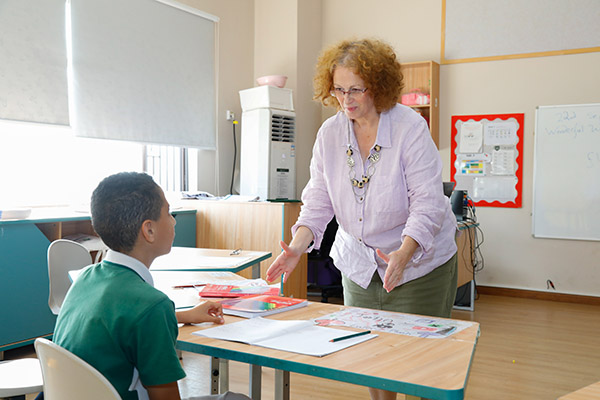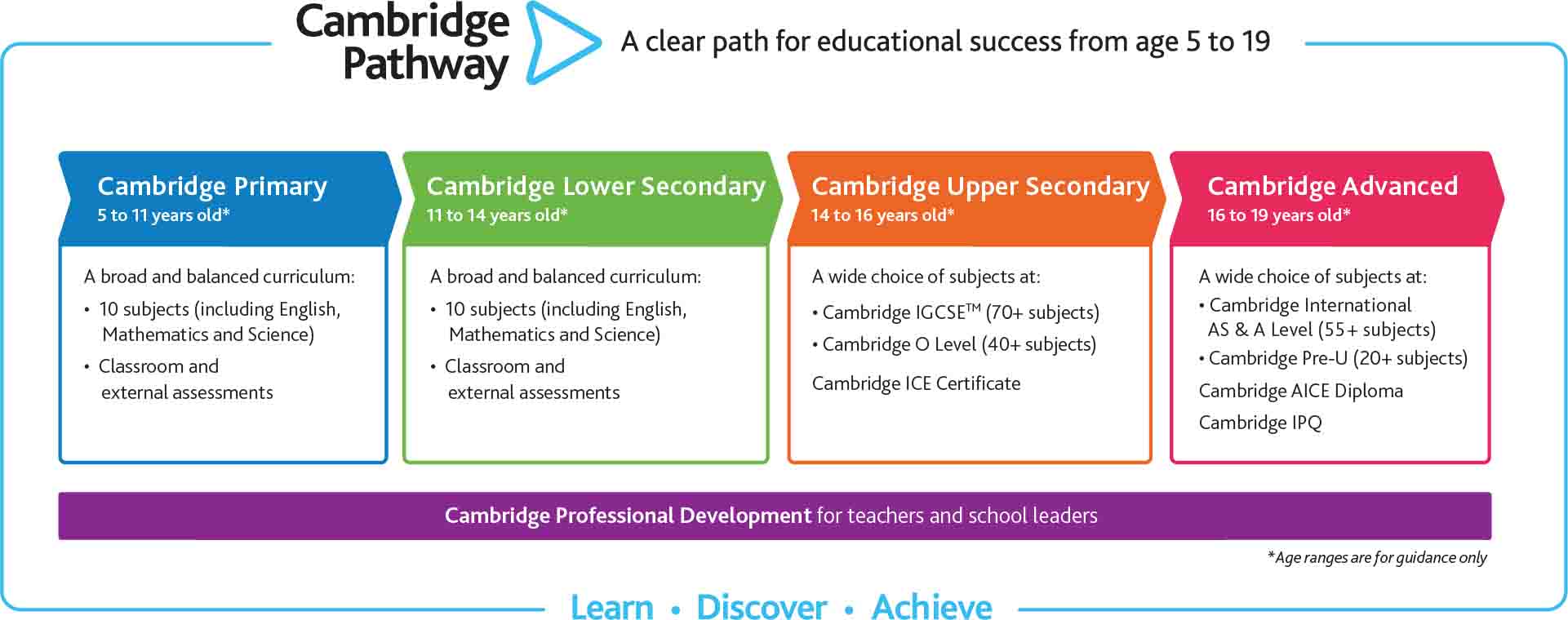


International curriculum
Challenging and inspiring students worldwide
The Cambridge international curriculum sets a global standard for education, and is recognised by universities and employers worldwide. Our curriculum is flexible, challenging and inspiring, culturally sensitive yet international in approach. Cambridge students develop an informed curiosity and a lasting passion for learning. They also gain the essential skills they need for success at university and in their future careers.
Cambridge Assessment International Education (CAIE) has provided international examinations for more than 150 years. CAIE is a non-profit organization and the only examination bureau fully owned by the world's top universities.

In March 2021, BIS was accredited by CAIE to be a Cambridge International School. BIS and nearly 10,000 Cambridge schools in 160 countries constitute the CAIE global community. CAIE's qualifications are widely recognized by employers and universities around the world. For example, there are more than 600 universities in the United States (including Ivy League) and all universities in the UK.
What is an international curriculum?

● Over 10,000 schools in over 160 countries follow the Cambridge international curriculum
● The curriculum is international in philosophy and approach, but can be tailored to local contexts
● Cambridge students study for Cambridge international qualifications which are accepted and recognised around the world
● Schools can also combine the Cambridge International curriculum with national curricula
● Cambridge students moving between Cambridge schools can continue their studies following the same curriculum
● The Cambridge Pathway – from primary through to pre-university

Cambridge Pathway students have the chance to acquire the knowledge and skills they need to achieve at school, university and beyond.
The four stages lead seamlessly from primary to secondary and pre-university years. Each stage – Cambridge Primary, Cambridge Lower Secondary, Cambridge Upper Secondary and Cambridge Advanced – builds on the learners‘ development from the previous one, but can also be offered separately. Similarly, each syllabus adopts a ‘spiral’ approach, building on previous learning to help advance students study. Our curriculum reflects the latest thinking in each subject area, drawn from expert international research and consultation with schools.











